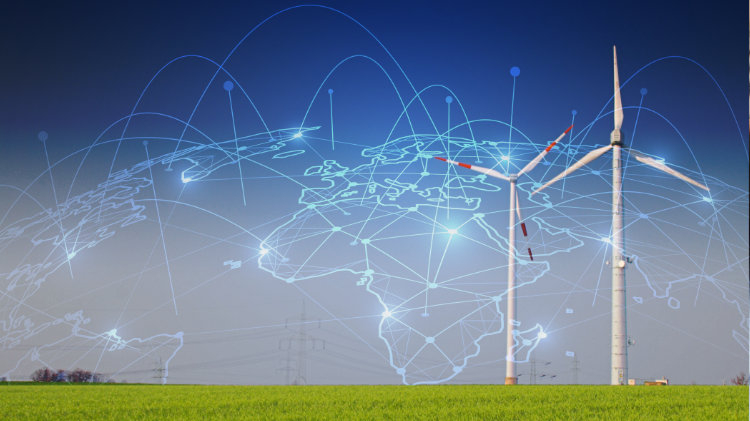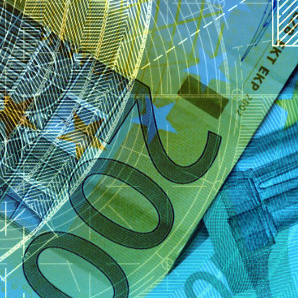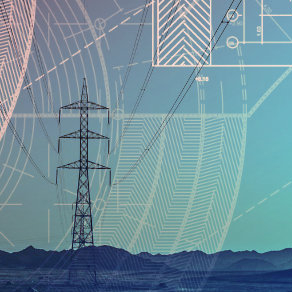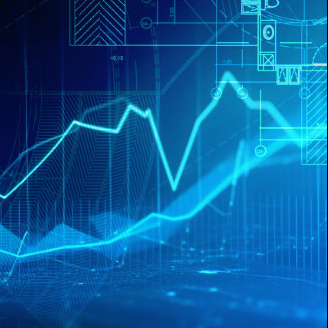
What goal do you set as a company that champions decarbonization? Relying on 100% renewables whenever they are available is a great start, but you can set yourself a more ambitious goal. The companies at the forefront of decarbonization aim for power consumption from 100% renewables in every hour and in every region. Take Google, for instance. For the past three years, the IT behemoth has managed to make its data centers carbon-free. Now the company aims for 24/7 carbon-free energy by 2030 - commendable, but an altogether different challenge.
The status quo and the need for change
The road to full-scale decarbonization will be a long one. Today, a considerable amount of the energy that companies use is still produced in ways that result in carbon emissions. Despite their best efforts, they are - to a greater or lesser degree - still forced to rely on coal and/or gas power plants, i.e. resources that emit carbon. Put simply, the sun does not always shine and the wind does not always blow. In addition, the policy and market mechanisms that regulate the transaction of clean energy are limited, and large-scale deployment of the requisite technology is expensive. Under the current circumstances 100% carbon-free commitments are mainly based on power purchase agreements (PPA) with renewable asset operators, but a 24/7 carbon-free future cannot be achieved with such a system.
The green certificates issued today do not contain any information about the electricity generated. In the EU, they are called Guarantees of Origin (GO), but they have very little to do with where the green power actually originates. A Spanish company, for example, can offset its carbon emissions with a certificate that has been issued in Finland, even months after the electricity was generated. For 24/7 carbon-free power, a radically different approach is necessary.
Certificates need locational and temporal stamps. Initially, location could be defined as a TSO area (known as a ‘bidding zone’ in the EU), but local flexibility markets might enable a more granular definition. As for temporal stamps, they could be hourly at first, but we should aim to provide them in real time or as close to real time as possible. Moreover, 24/7 green certificates would not be a single product, but many geographically and temporally different products in one, similar to the actual power traded.
The Swedish energy giant Vattenfall is already developing a solution for the hourly (24/7) matching of renewable energy for its climate-conscious business customers. Once that solution is implemented, local markets will be able to deliver green electricity from a verified source to counter the intermittency of the generation of renewables, especially in the short term. As a result, these energy exchanges should enable companies to buy and sell day-ahead and intraday power products that are certified green. This is certainly a major step in the right direction.
How 24/7 green certificates change short-term energy trading
With certificates such as the ones described above in use, short-term energy trading will change radically.
First, as a result of locational stamping, it will effectively become regional. Currently, green certificates are traded in markets across different regions, or even continents, each of which has its own system. As already mentioned, the EU issues Guarantees of Origin while North America has Renewable Energy Certificates (REC) schemes in place, and several Asian, Latin American and African countries use the International REC (I-REC) standard. As we strive for a 24/7 carbon-free world, we need to make sure that these various certificates become more regionalized due to hourly matching. An IKEA department store in Hungary will not become truly carbon-free simply by buying green certificates in Sweden. Similarly, a Chinese certificate will not make the consumption of a Chilean company carbon-free, except on paper.
Second, owing to temporal stamping, 24/7 green certificates will increase the complexity and price volatility of day-ahead and intraday markets. In principle, this would mean a green certificate product for each time period - 15 minutes, half hour, hour - covered by power products. This would result in the duplication of the products traded: a “green” product (bundled with a green certificate) and a “black” product for each time scale. The implications, however, go far beyond the need for additional products. The price with the current system is relatively stable because it is averaged out over every hour of the year. However, the price of 24/7 certificates might be extremely volatile depending on the time of day and the weather conditions. For some periods, such as a sunny but windless Sunday afternoon, a “green” product would essentially cost the same as a “black” product, but its price could take a completely different trajectory just a few hours later.
At present it is not only governments but also companies that make ambitious decarbonization plans. Carbon tracking is imperative if we want these commitments to be credible and verifiable. To be sure, implementing tradable 24/7 green certificates is a challenging task for a couple of reasons. First, we need ex ante certificates, i.e. certificates that are issued based on the estimated renewable generation before the actual power production. Also, tradable 24/7 certificate schemes have some requirements. It is essential to use smart meters and to adopt a data management system that provides real-time consumer energy usage data. Similarly, we must reconfigure and accelerate certificate issuing and management processes, as well as integration into short-term markets. We already have the knowledge and the technical solutions, but we need innovation to integrate everything into a fully functioning and business-friendly infrastructure of 24/7 green certificates.
At Navitasoft, we do not see 24/7 green certificates as a mere thought experiment, but as the inevitable future. Not only for power trading, but for gas and heat as well. Not only for exchanges, but for all forms of short-term trading, from OTC to local flexibility platforms. While renewable generation has already overtaken that of fossil fuels in the EU, achieving full carbon-neutrality is a much bigger challenge, one that we can only meet by trading certified green energy in day-ahead and intraday markets. As we work towards a world where energy is carbon-free, we must realize the importance of 24/7 certificates. Whatever your role in the energy industry - trader, producer, customer, operator - you will find that they are nothing short of a game-changer.




